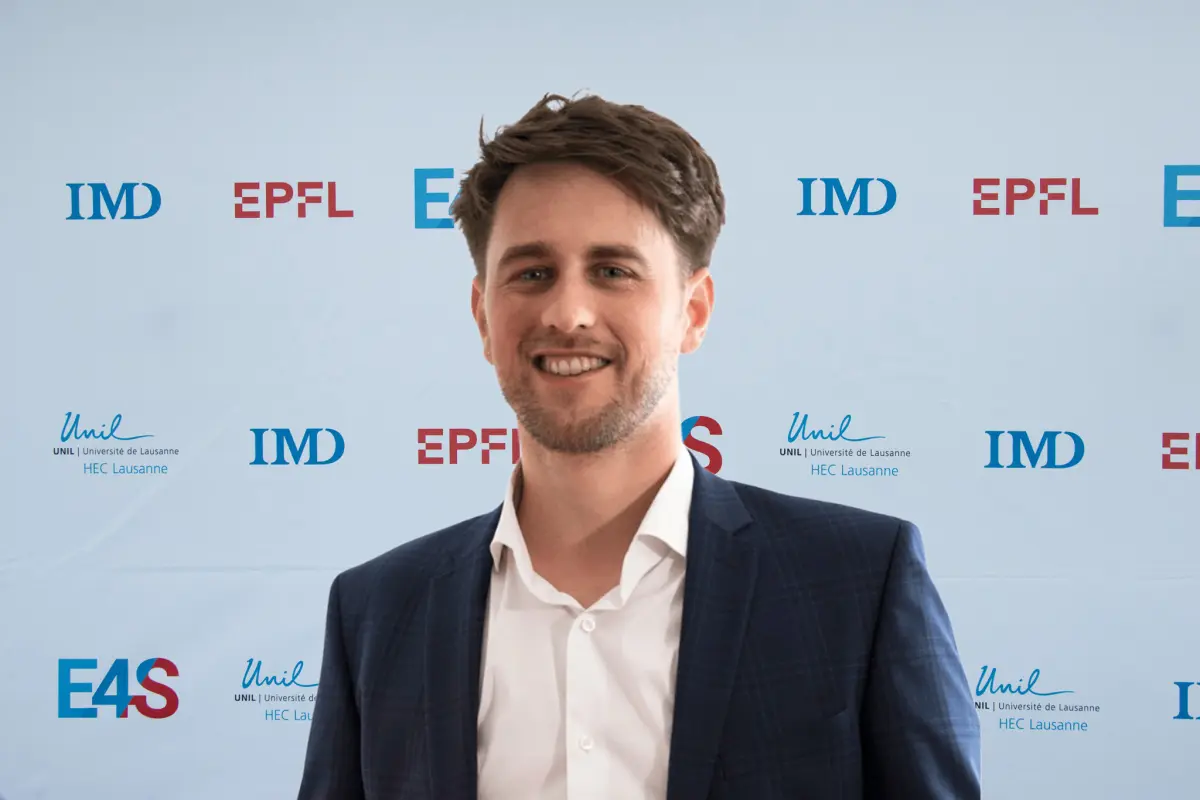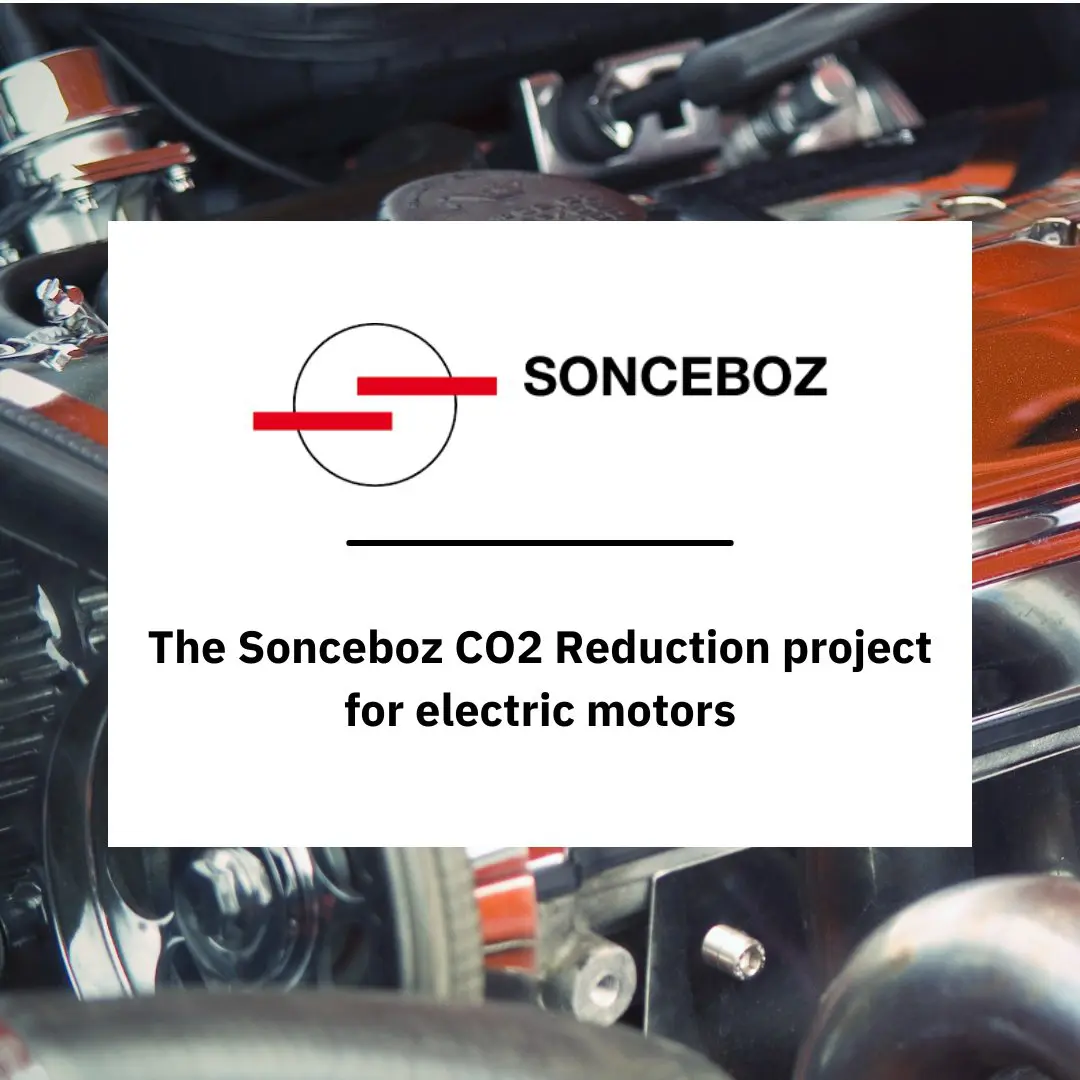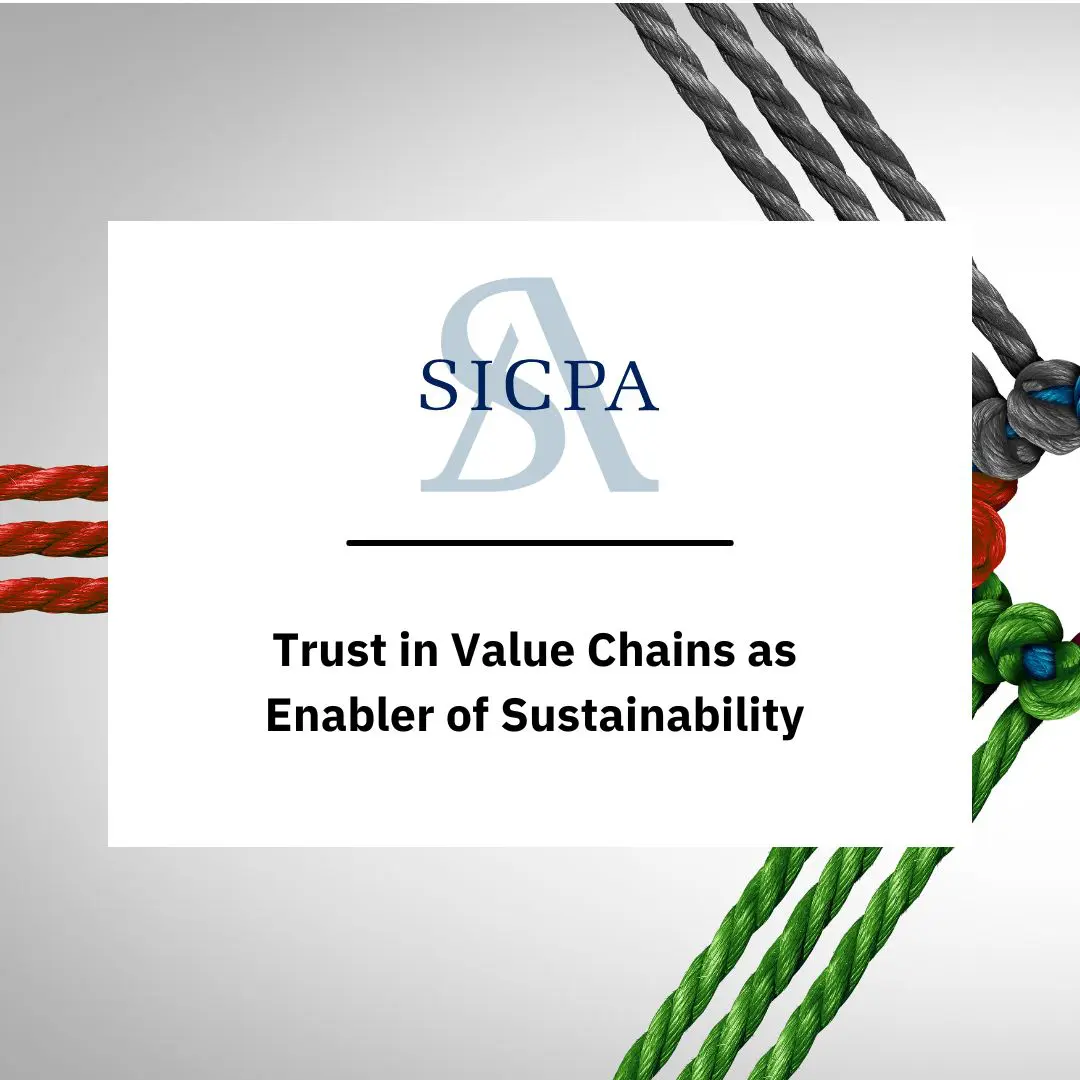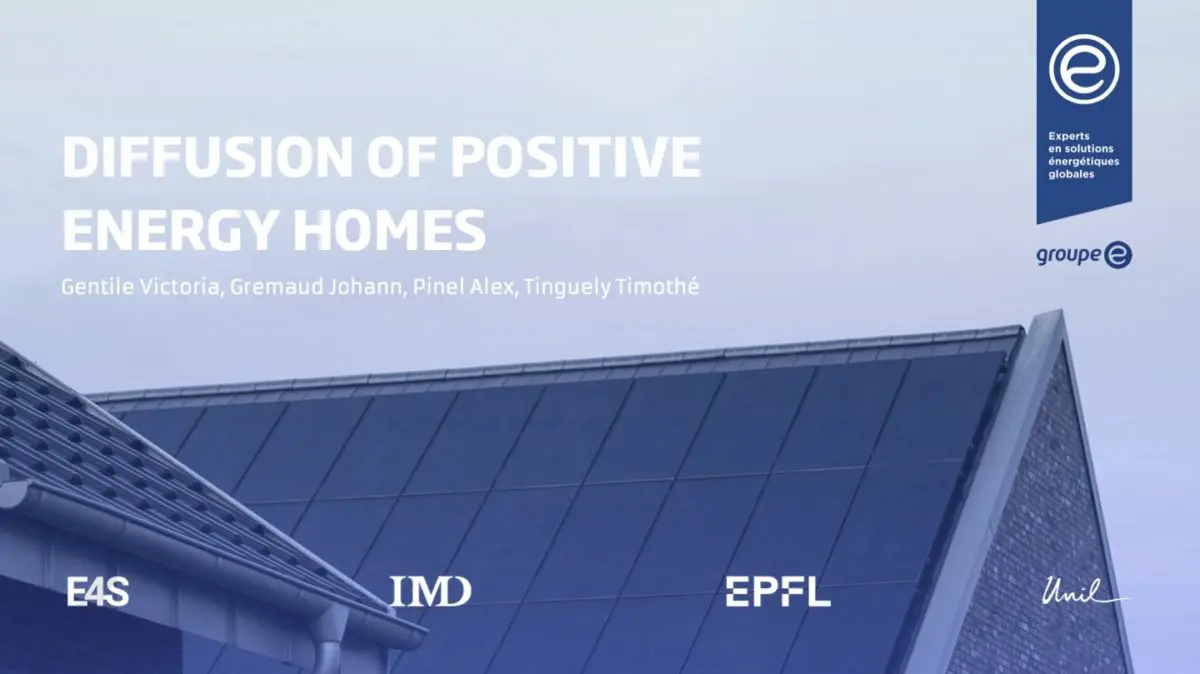
Transformative Projects
Through Transformative Projects, SMT Master students solve applied, real-life interdisciplinary issues in the fields of technology, management, and sustainability

Solving applied, real-life interdisciplinary issues in the fields of technology, management, and sustainability
Teams of 3-4 students from different disciplines work together over three months on a topic developed by a company with the objective to propose new perspectives and solutions that can have the potential to transform industry or societal practices.
Discover what our students and partners say about the Transformative Projects.
Contact us
To learn more about the Transformative Projects, or propose projects for the next cohort, please reach out to fnzhry.jvpxv@rcsy.pu.

Discover the projects


Symbiotics: Enhancing Access to Impact Investment
Read more
Romande Energie Services: Towards a Decarbonized Romandie: A Strategic Plan
Read more
Sonceboz: The Sonceboz CO2 Reduction project for electric motors
Read more
Infomaniak: The Data Center of the Future – which already exists!
Read more
Swiss Re: Geospatial Analysis: Assessing Economic Exposure to Price Climate Risk
Read more
RTS: From Reducing Carbon Footprints in Event Production to Integrating Sustainability into RTS Operations
Read more
Sicpa: Trust in value chains as enabler of sustainability
Read more